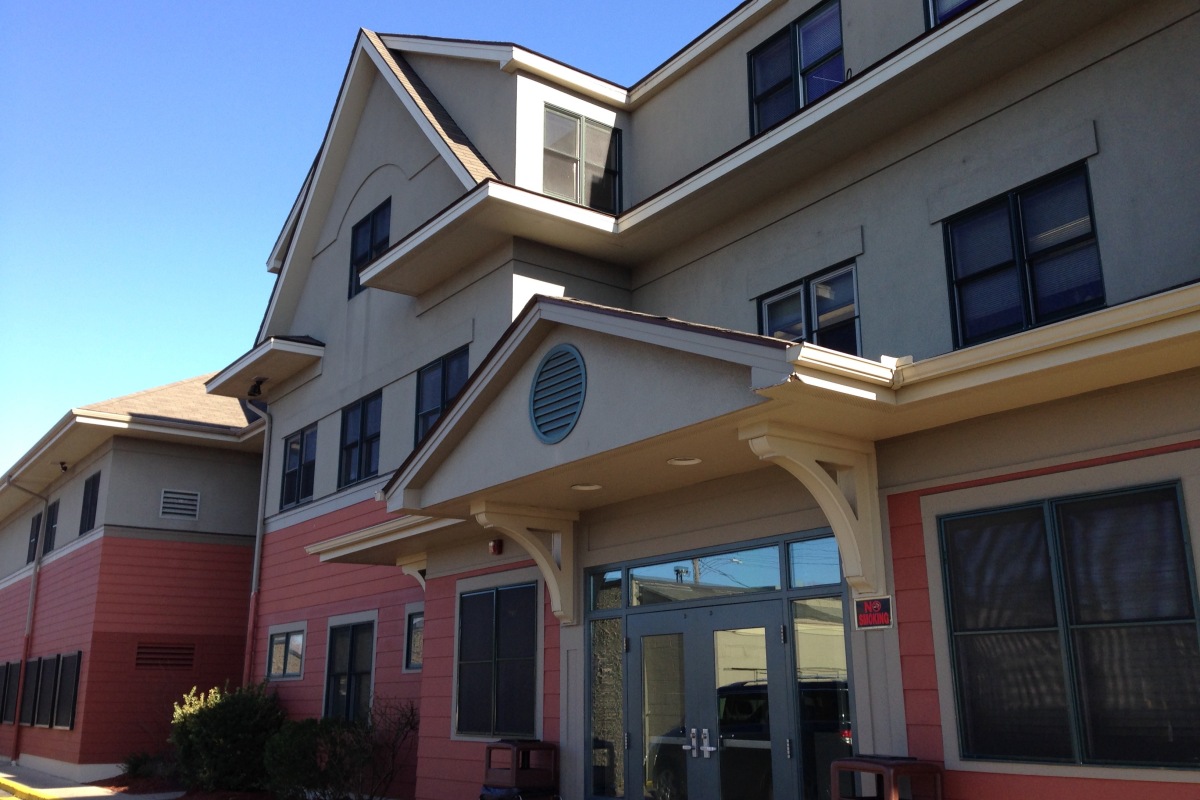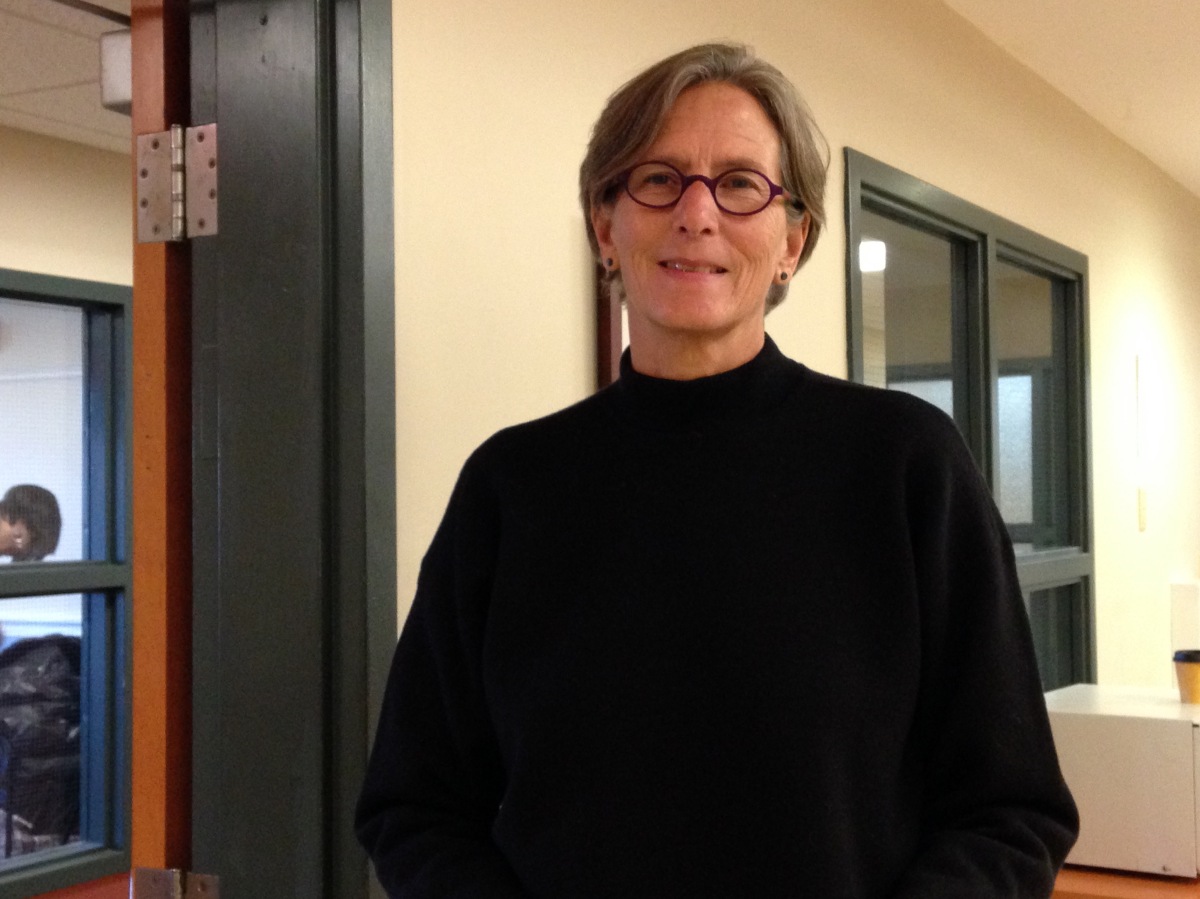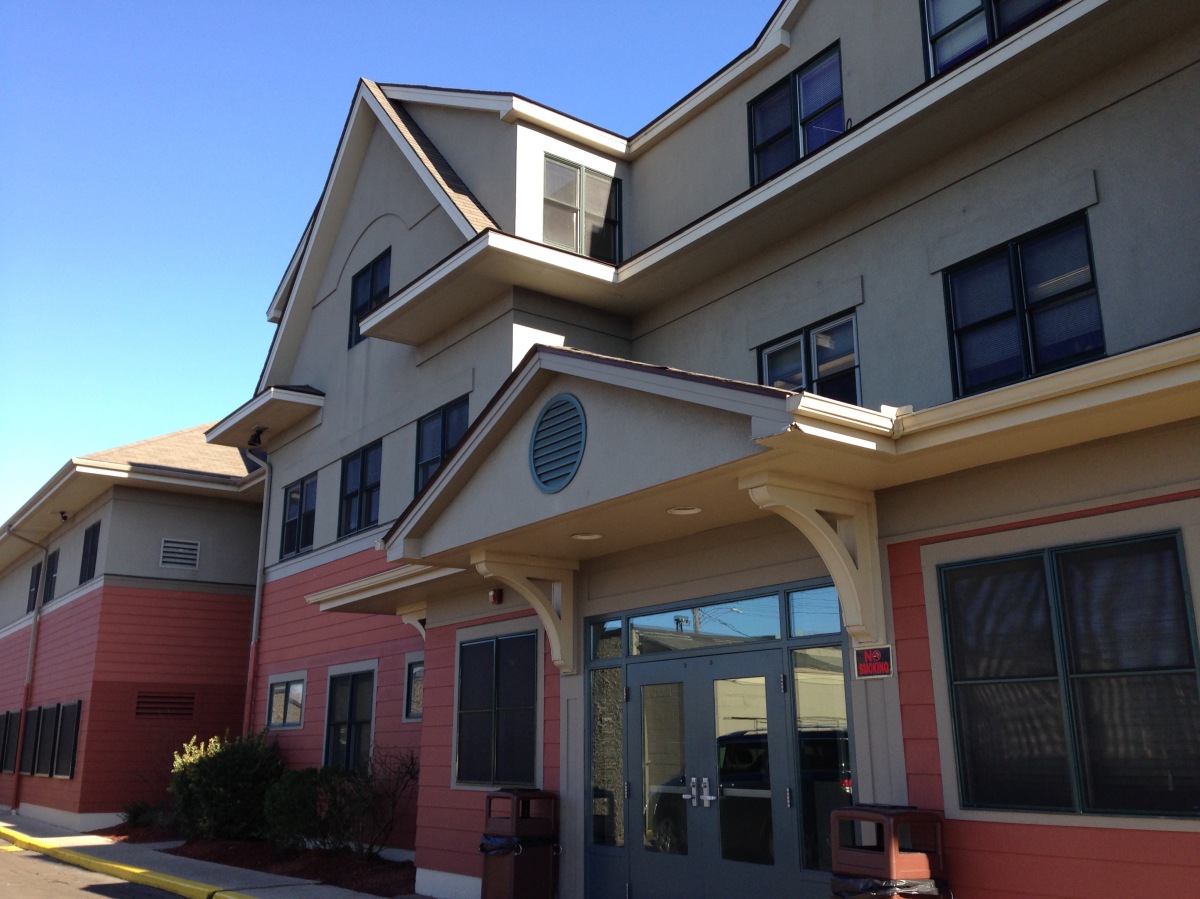By Nick Solari
Congregations Organized for a New Connecticut (CONECT), a New Haven-based multi-faith organization committed to fighting for social and economic justice, has recently stepped up its campaign against gun violence.
The campaign’s first component, which deals specifically with gun manufacturers, was addressed in CONECT’s assembly meeting on Jan. 20. The meeting was attended by 650 people from member congregations and featured Connecticut Gov. Dannel Malloy.
The campaign is called “Do Not Stand Idly By,” which was taken from Leviticus 19:16 (“Do not stand idly by while the blood of your neighbor is shed.”).
“Do Not Stand Idly By” focuses on urging gun manufacturers to keep firearms out of the hands of gun stores that sell weapons to criminals, said CONECT lead organizer Matt McDermott.
According to the federal Bureau of Alcohol, Tobacco, Firearms and Explosives (ATF), approximately 57 percent of the firearms involved in crimes trace back to 1 percent of the nation’s gun stores.
“We’ve been working to get gun manufacturers to play ball as it pertains to tightening their own distribution systems to prevent gun dealers from selling weapons to criminals,” McDermott said. “It’s a small fraction of gun dealers that actually sell to criminals, so we think it should not be difficult for the manufacturers to crack down on the handful of bad-actor gun dealers that create a lion share of the problem.”
CONECT has also pushed to have smart-technology attached to guns. The goal is to get manufacturers to “play ball,” according to McDermott.
“We don’t want to push too soon to say public purchasers should buy smart guns. We know these things have to be tested and 100 percent reliable before we’d push for a police department to get them,” he said.
McDermott said CONECT feels the government has significant leverage in the situation. The public tax dollar purchases of guns, he said, adds up to roughly 40 percent of all revenue for gun producers.
“If the purchasers were demanding, you’d have significant leverage to get manufacturers to take these issues seriously,” McDermott said. “That’s the strategy we’ve been working on.”
Recently, U.S. Sen. Chris Murphy (D-CT) praised CONECT’s initiative on gun safety.
“I was really proud to stand with [President Obama] earlier this year in his new executive order, and I hope that you’re proud that many of the ideas that you’ve been on the forefront of, fighting for, like pressuring out gun manufacturers to make guns safer, were elements of his executive order,” Murphy said.
In a recorded video posted on CONECT’s Facebook page, Murphy said he has been trying to convince his colleagues to act.
“I couldn’t be more committed to working with you on the path ahead to reduce gun violence,” Murphy added.
McDermott said CONECT and sister organizations have gotten 83 municipalities or jurisdictions to sign on, claiming that the next time they produce weapons they will ask “serious questions” to ensure guns are getting in the right hands.
“We want to get gun companies to talk about their practices,” McDermott said. “We can encourage gun companies to be models, to be responsible in these areas.”
Nick Solari is a senior journalism major at Quinnipiac University. He is writing about religion this spring. He can be reached at nicholas.solari@quinnipiac.edu.



